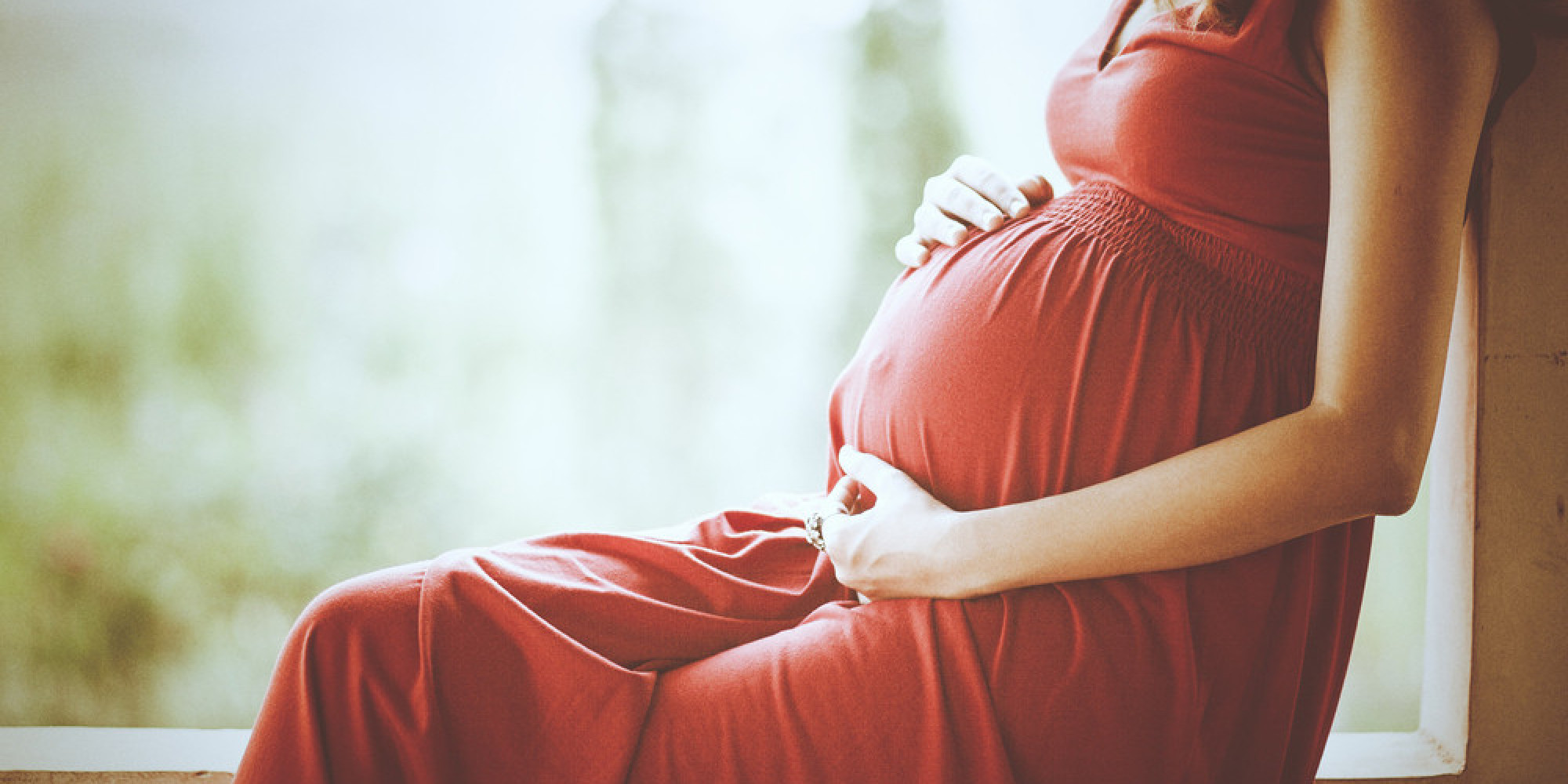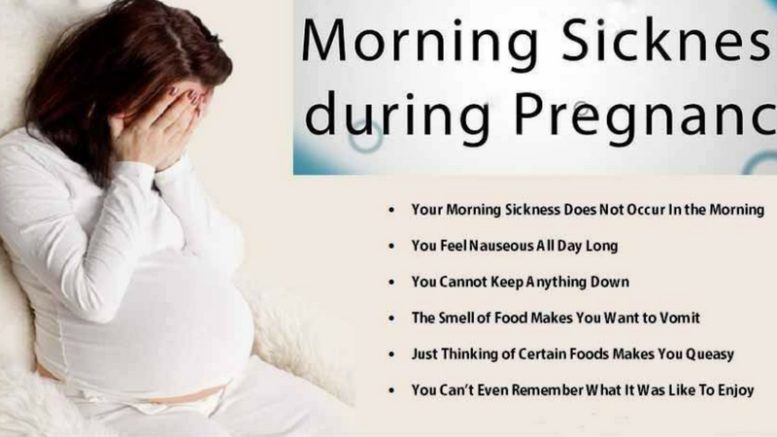Morning sickness is a natural part of pregnancy, except it. Some women might experience intense morning sickness and really think it’s the worst thing in the world, while others don’t really feel that bad and it passes them by with ease. The morning sickness is a medically diagnosed and known condition called Nausea Gravidarum which leads to nausea but it doesn’t have to come with vomiting, some women just feel it, and don’t vomit at all.
The sickness feeling happens because of the hormonal imbalances that happen during a pregnancy. There are many hormonal imbalances that occur during pregnancy that can cause the morning sickness such as estrogen imbalance, hypoglycemia or low blood sugar levels. Also an increase in hormone progesterone and the familiar spike in HCG which all women know spikes up when you get pregnant. So what does morning sickness feel like? Keep reading below.
What does morning sickness feel like – When does the morning sickness start?

90% of women will feel the morning sickness while pregnant. Health professionals say that most women will start experiencing morning sickness on their first trimester of pregnancy. Morning sickness usually starts on the sixth week or the pregnancy and if you have a regular cycle, you should notice and feel the morning sickness three weeks after the conception.
What are the first signs of morning sickness?
One of the first signs of being pregnant is the morning sickness. Actually while we’re on the subject, morning sickness doesn’t have to happen in the morning at all. Yes, that’s right, you can actually experience the nausea and vomiting at any time during the day or night, the name morning sickness just happen to get stuck because a lot of women report that they do in fact feel it when they wake up in the morning.
Another side effect of the morning nausea is a keen sense of smell, women suddenly becomes extremely sensitive to smells like cigarette smoke, coffee, alcohol and other of that nature. If you’re vomiting it’s a pretty definitive sign you’re having morning sickness, but in fact sometimes you can have the feeling of nausea without really vomiting.
What are the early pregnancy signs anyway?

Nausea is one of the first signs
One of the first symptoms of pregnancy is the feeling of nausea, it can actually happen even before your tes result will show a positive pregnancy. The feeling of nausea doesn’t always happen with vomiting, there are times when the woman feels really sick but don’t vomit. Other signs of pregnancy are increase in appetite, going to the bathroom more often to pee, sensitivity to smell, feeling tired all the time, sensitivity in the breasts, constipation or diarrhea, spotting and hot flushes and more.
Stomach cramps
All women know stomach cramps, they have once a month on their menstrual and as the pregnancy advances you will feel similar stomach cramps through. These cramps happen because the pressure on the walls of the uterus when your fetus is growing. As your pregnancy progress, you will feel it more in the stomach and abdomen.
Other reasons for feeling these cramps are also related to the hormonal imbalances that every pregnancy has. However, having said all that, you should be careful if you feel severe cramps, this could be a dangerous sign. If your cramps are too intense you should talk to your doctor or OB/GYN to see what’s going on and not take chances.
Diarrhea is also a symptom
During your pregnancy and not exactly on point with the what does morning sickness feel like, you may also have diarrhea. Some unlucky ladies will have severe diarrhea and it’s because this is linked to food sensitivity that comes with being pregnant.If you suffer from diarrhea you should increase your water intake and drink more to stay hydrated. Please note though that if you suffer from severe diarrhea you should also contact your local doctor to get a proper treatment.
The known heartburn sensation
Another symptom is the heartburn feeling a lot of women feel while being pregnant. Heartburn is known to cause a burning sensation which feels like going down your throat. The theory on why this happens is the fact that the belly is more relaxed so the juices are flowing up. When your sphincter muscle is relaxed, the food tends to go the wrong way, that’s up your throat. It’s not a serious thing it just feels discomforting. To try and avoid this feeling, don’t chew gum right after you eat a meal, don’t eat big meals and in general try to eat small meals more frequently.
How long does morning sickness last?
As a general rule of thumb, the early symptoms of pregnancy can appear from the first month up until the fifth month of the pregnancy, and this includes the morning sickness issue. As your pregnancy progress, you may feel the nausea, vomiting and heartburn little less as times goes by. If your pregnancy symptoms continue to happen until your second or even third trimester, you should contact your doctor to see there aren’t any complications. Better safe than sorry right?
Here are a few women describing how morning sickness feels like:
Liza, 30 years of age says:“The level of fatigue caught me off guard. I was throwing up multiple times a day, and functioning as a human was really difficult. I remember being told at seven weeks pregnant that, at 13 weeks, I’d feel better. That felt so far away and like such a long time to be miserable. I’m still throwing up at least once or twice on most days.”
Sari, 36 years of age says:“I never threw up, but always had a horrible taste in my mouth that made me feel nauseous. Smells like coffee or cigarette smoke also set off my nausea. I couldn’t even go in my own kitchen because the smell of it would turn my stomach.“
We hope this post about what does morning sickness feel like helped you by providing you with useful info, we also went a little bit deeper to general info on pregnancy, but you know, why not.





